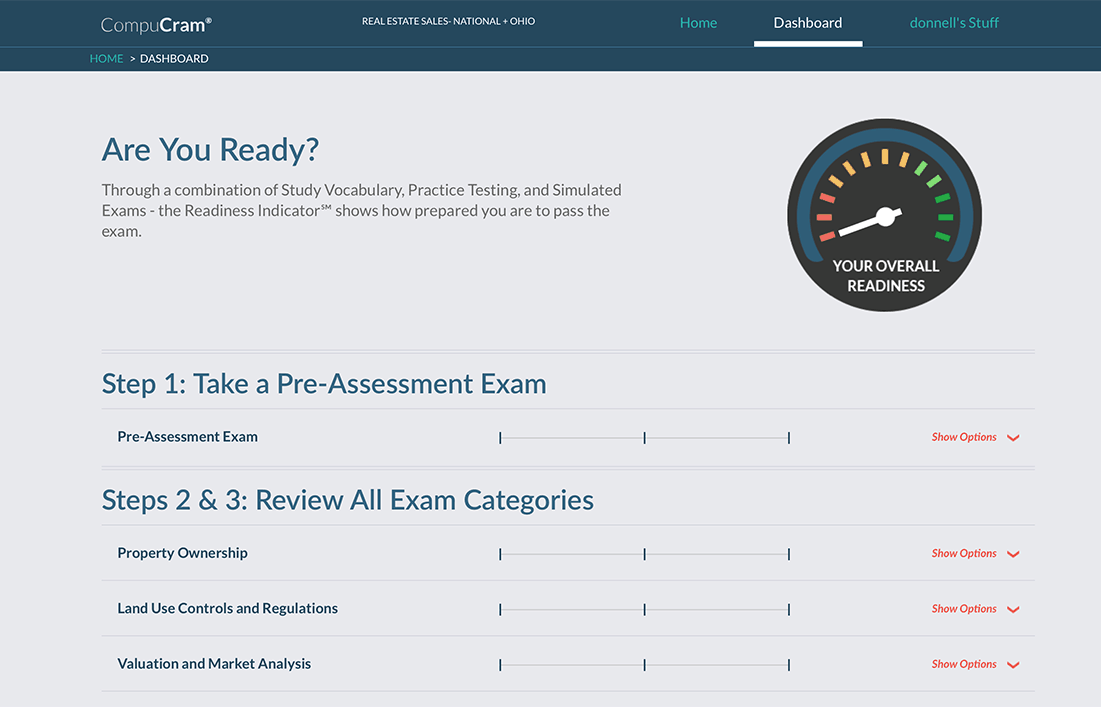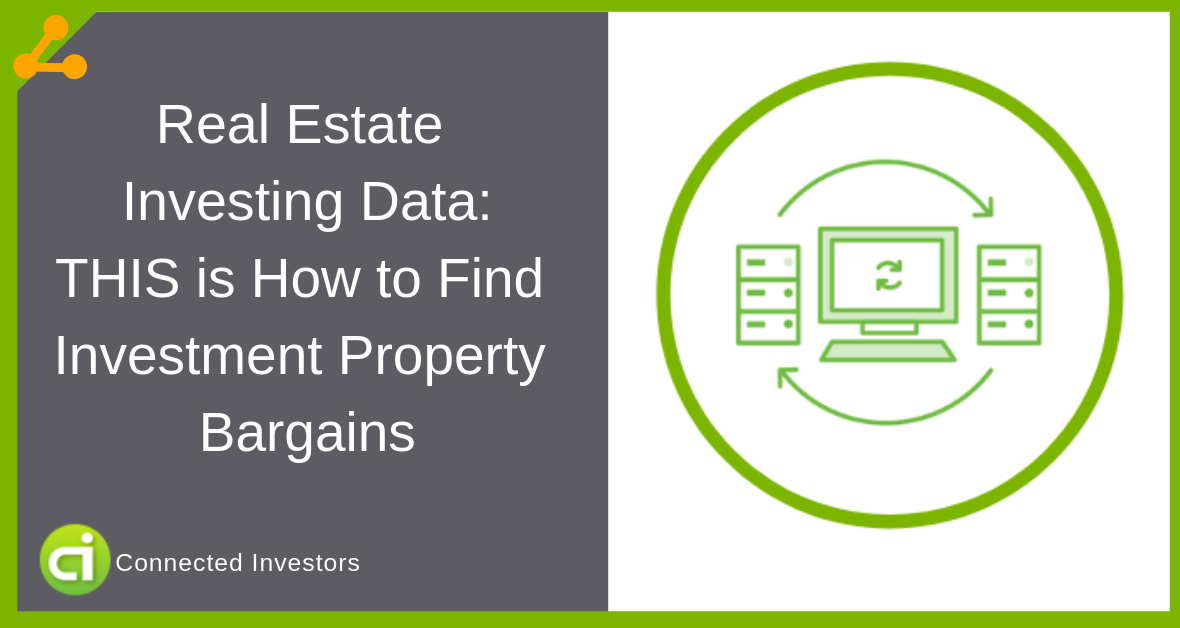Many Americans might be fretted about a property market crash. They are worried about the unexpected effect of the COVID-19 pandemic on housing prices. At initially, the 2020 stock market crash aggravated those fears, as house sales toppled. timeshare new york Then, real estate sales all of a sudden showed up, hitting brand-new highs. Individuals who were caught in the 2008 financial crisis might be alarmed that the pandemic will result in another crash.
According to an more info interview with Selma Hepp, deputy chief economist at Corelogic, "There is not the same oversupply of homes this time. Instead, there is an undersupply." The very best way to predict a crash is to try to find these 10 warning signs. Some of these have taken place, but numerous have not.
If all 10 happen in a quick style, then a crash is most likely. Asset bubble burstsIncrease of uncontrolled mortgagesRapidly rising rates of interest Inverted yield curveChange to the federal tax code Go back to risky derivativesGreater number of house flippersFewer inexpensive houses Rising sea levelsWarnings from officials There are 10 indications of a housing market crash.

They are when an asset bubble bursts, unregulated mortgages increase, interest rates increase quickly, the yield curve inverts, and Congress changes the federal tax code. The other 5 signs could contribute to a crash, but are less important. They consist of a higher number of house flippers, warnings from specialists, less cost effective houses, and a go back to risky derivatives.
Most crashes take place after an possession bubble has burst. One sign of a potential bubble is quickly increasing house sales. In February, existing home sales reached a pre-pandemic peak. Residences were selling at an annual rate of 5. 76 million a year. That all altered after the nationwide emergency situation was declared.
The Best Guide To How To Become A Real Estate Agent In Va
91 million systems in May. Surprisingly, the pandemic then boosted home sales. Families that could vacate crowded cities headed to less densely inhabited locations. Those who worked at home likewise wanted larger areas. Thanks to the Fed's actions, interest rates were at 50-year lows. This further spurred demand.

86 million houses. By October, it had actually blossomed to 6. 86 million, beating the pre-pandemic peak. Home rates also suggest a housing bubble. The pandemic hasn't slowed home costs at all, Rather, they have actually increased. In September 2020, they were a record $226,800, according to the Case-Shiller House Price Index. The pandemic has actually produced high joblessness rates.
But that is unlikely to affect the housing market in 2021, according to Hepp. "The foreclosures that do occur in 2020 or 2021 won't impact the marketplace until 2022," she stated. "It will take that wish for your homes to go through the foreclosure process and impact the market." Another issue is when the variety of unregulated home mortgage brokers boosts.
5% of all loans. That's up from 53. 6% of in 2018. Six of the 10 biggest mortgage lenders are not banks. In 2018, five of the top 10 were uncontrolled. Uncontrolled home mortgage brokers do not have the exact same government oversight as banks (how long does it take to get your real estate license). That makes them more susceptible to collapse if the real estate market softens once again.
That slows home structure and reduces supply - what is earnest money in real estate. It also slows lending, which cuts back on need. In general, a sluggish and consistent rate of interest boost will not produce a disaster. But quickly increasing rates will. The Federal Reserve has reduced rate of interest to zero to help businesses during the coronavirus pandemic. As an outcome, mortgage rate of interest have dropped to record lows.
Getting My What Is Escheat In Real Estate To Work
Greater rates of interest preceded the real estate collapse in 2006. Numerous debtors then had interest-only loans and adjustable-rate mortgages. Unlike a conventional loan, the rates of interest with those increase together with the fed funds rate. Many likewise had initial teaser rates that reset after three years. When the Federal Reserve raised rates at the same time they reset, debtors found they might no longer afford the payments.
As an outcome, default rates increased. The history of the fed funds rate reveals that the Fed raised rates too quickly between 2004 and 2006. The top rate was 1. 0% in June 2004 and doubled to 2. 25% by December. It doubled once again to 4. 25% by December 2005.
25%. The Fed has actually raised rates at a much slower speed since 2015. A cautioning sign for the property market is when theyield curve on U.S. Treasury notes inverts. That's when the rate of interest for short-term Treasurys become greater than long-lasting yields. Typical short-term yields are lower due to the fact that financiers do not require a high go back to invest for less than a year.
That plays havoc with the home mortgage market and typically signifies an economic downturn. The yield curve briefly inverted in February and March 2020. On March 9, 2020, the yield on the 10-year note was up to 0. 54% while the yield on the one-month costs rose to 0. 57%. The curve later on returned to a regular shape.
18, the yield on the 10-year note was 0. 95% while that on the one-month bill was 0. 8%. The yield curve inverted prior to the economic downturns of 2008, 2000, 1991, and 1981. The real estate market reacts significantly when Congress changes the tax code. At first, many thought that the Tax Cuts and Jobs Act taringa.net/dorsonafsa/the-main-principles-of-what-do-real-estate-agents-do_33cf88 (TCJA) might have an unfavorable effect on housing.
What Does How To Choose A Real Estate Agent For Selling Do?
As an outcome, they could not benefit from the mortgage interest deduction. For that factor, the realty industry opposed the TCJA. Research has shown ever since that the tax changes had little result on the housing market. Reduction in house purchases by middle-income households who took the basic deduction was balanced out by other income groups.
High-income families continued utilizing itemized reductions. Other tax cuts likewise made them more able to buy brand-new houses. The property market might collapse if banks and hedge funds went back to buying dangerous financial products to the degree they carried out in 2007. These derivatives were a significant reason for the monetary crisis.
In time, the MBS became a bigger company than the mortgages themselves. So, banks offered home mortgages to simply about anybody. They required them to support the derivatives. They sliced them up so that bad mortgages were concealed in packages with good ones. Then, when customers defaulted, all the derivatives were thought of being bad.
Home flipping played a significant role throughout the 2008 economic downturn. Speculators purchased homes, made moderate improvements, and sold them as costs continued increasing. In 2006, turns comprised 11. 4% of home sales. Flipping has slowed substantially. In the 3rd quarter of 2020, 5. 1% of all home sales were purchased for fast resale.
7% of sales in the 2nd quarter of 2020. It's also lower than the post-recession high of 7. 2% in first-quarter 2019. The decline in turning is because of the reduced stock of real estate stock. At the same time, turning has ended up being more rewarding. Attom Data Solutions reports that the pandemic's effect on flipping is inconsistent and difficult to anticipate.
Not known Details About How Much Does It Cost To Get A Real Estate License
A thriving housing market sends out home rates rising. Another indication of a housing bubble is that the accessibility of economical housing shrinks. Housing development overtakes earnings growth. how to become a real estate broker in florida. There are indications that this is occurring. In 2017, only 39. 1% of rentals throughout the nation were budget friendly for low-income households.